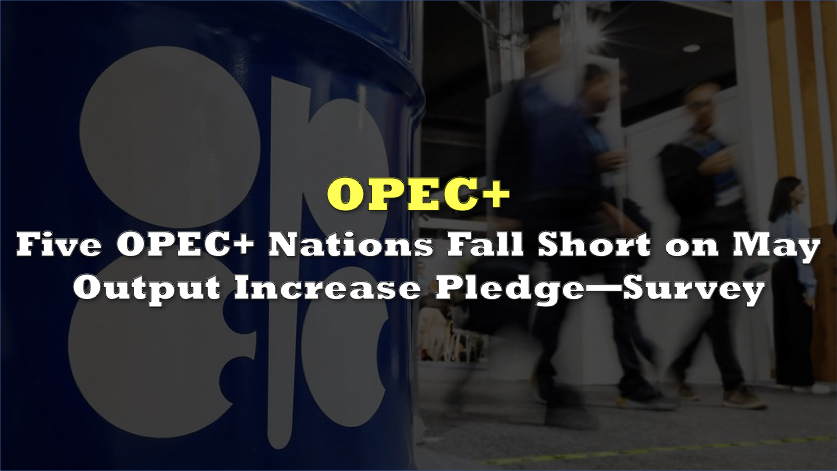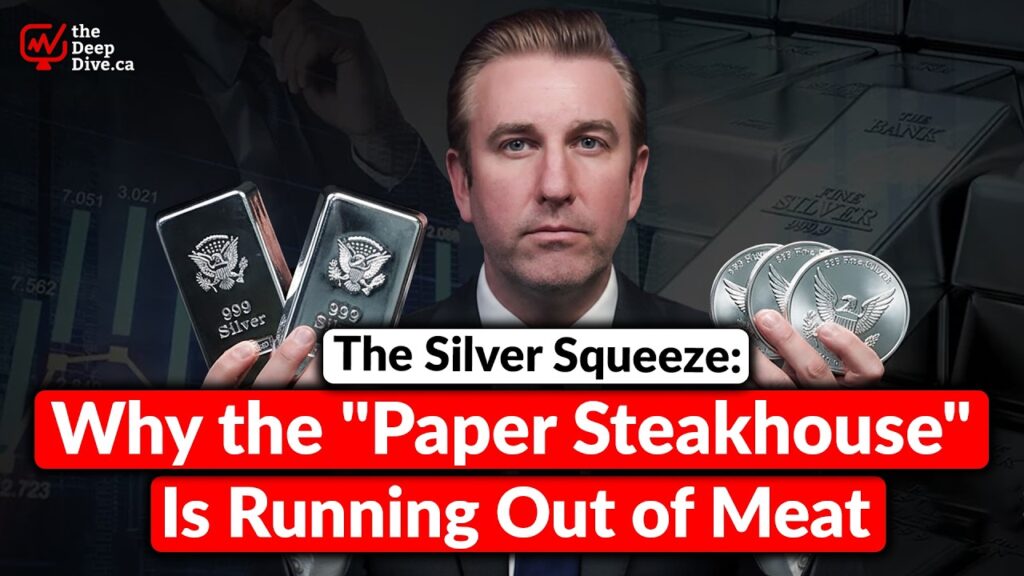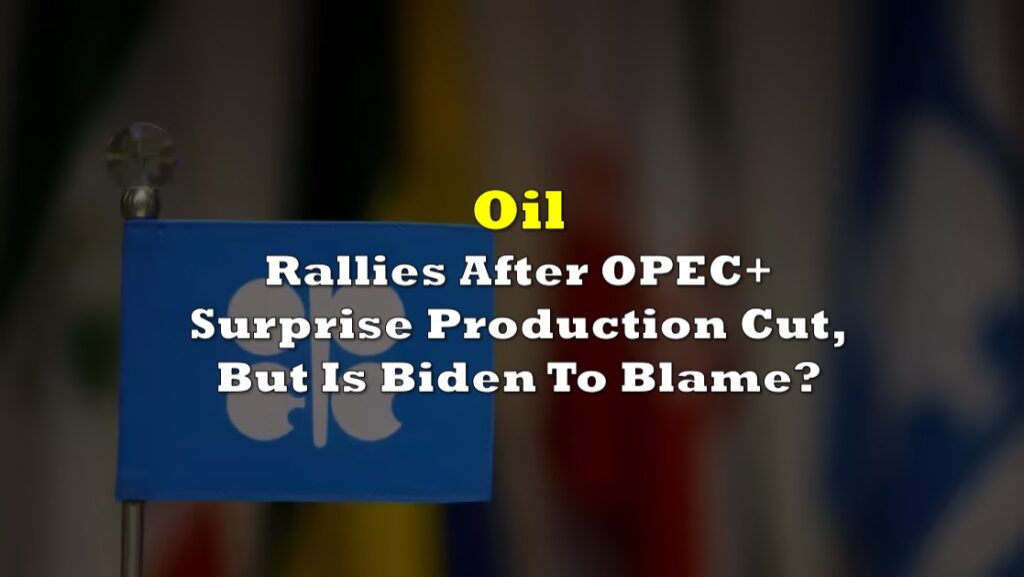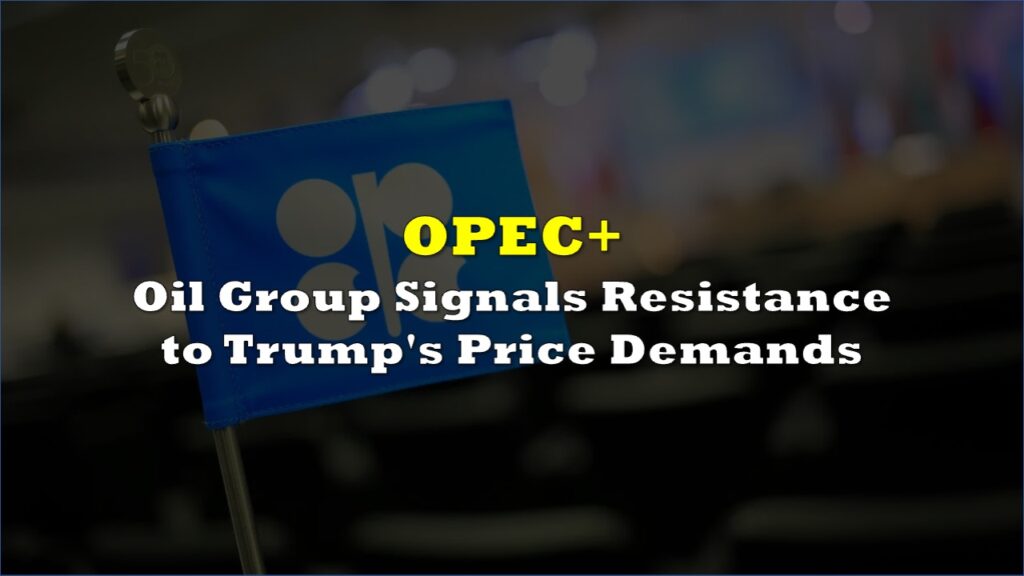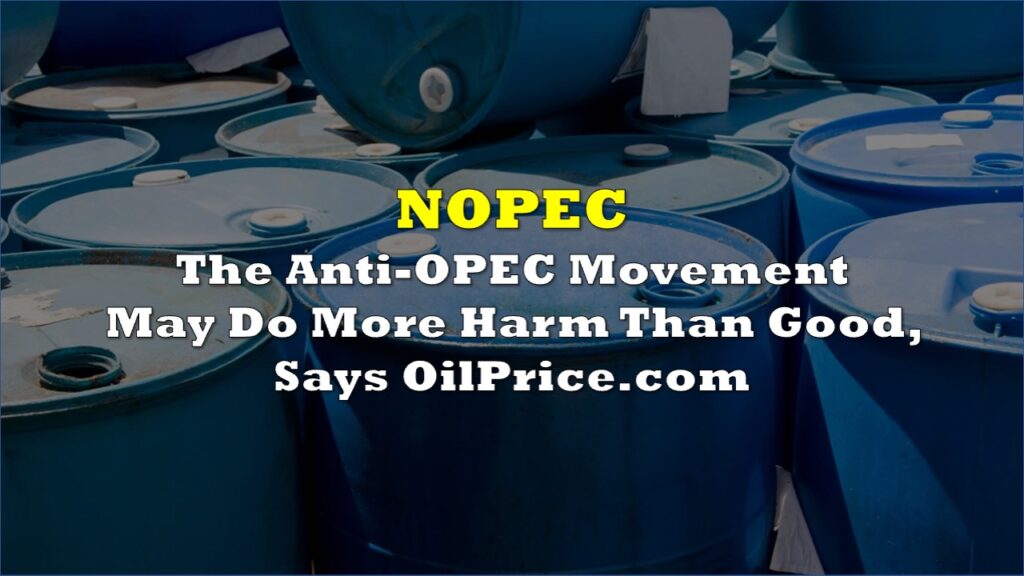OPEC+ members Algeria, Iraq, Kuwait, Saudi Arabia and the United Arab Emirates increased oil output by just 180,000 barrels per day in May—far short of the output they had pledged—according to a Reuters survey.
While Saudi Arabia led with a “130,000 bpd” rise, compensation cuts by Iraq and restrained boosts from the UAE left the aggregate gain nearly 40% below target.
The survey, which tracks supply via LSEG flows data, Kpler intelligence and insider sources, shows the five OPEC members pumped 26.75 million bpd last month, up only 150,000 bpd from April’s total.
“Iraq…curbed output…to meet its commitment for compensation cuts in May,” the survey found, as Baghdad seeks to improve compliance after earlier overproduction. This pattern echoes tensions seen in Kazakhstan, whose record-busting compliance shortfall prompted OPEC+ ministers to threaten punitive measures.
In early April, OPEC+ “unexpectedly voted on April 3 to speed up their oil production plan, boosting output by 411,000 bpd in May” as part of an accelerated unwind of the voluntary cut. By June, OPEC+ “maintained its aggressive production increases through July, adding 411,000 bpd for the third consecutive month,” signaling that the alliance remains committed to regaining market share over strict price support.
Hence, the May shortfall exposes the tension.
OPEC+ is fast-tracking the rollback of its latest cuts—unwinding the 2.2 million bpd reduction by adding back production in measured increments. Yet the need for “extra cuts to compensate for earlier overproduction” in theory blunts the full impact of these hikes.
WTI crude futures traded near $64.60 per barrel on Monday, retaining most of last week’s gains amid revived optimism over US–China trade talks and a stronger-than-expected US jobs report for May. Brent futures held around $66.50, buoyed by the same factors and by renewed concerns over potential long-term sanctions on Russian energy after a major drone and missile strike on Kyiv.
Information for this story was found via Reuters and the sources mentioned. The author has no securities or affiliations related to the organizations discussed. Not a recommendation to buy or sell. Always do additional research and consult a professional before purchasing a security. The author holds no licenses.

